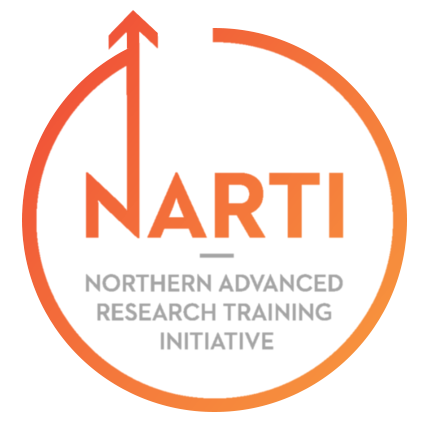Date/Time
Date(s) - 04/03/2024 - 05/03/2024 All Day
Location
Leeds University Business School
Audience:
NARTI Training & Development
‘New Cross-Sectionally Dependent Panel Data Methods for the Analysis of Networks’
with Professor Yongcheol Shin
Monday 4th and Tuesday 5th March 2024 (10.00-16.00 both days)
In Person – University of Leeds
Summary
This two-day workshop will focus on the recent theoretical and empirical developments of the panel data literature on cross-section dependence (CSD) and spatial heterogeneity (SH). The aim of the workshop is to discuss the most updated panel data econometric techniques in the field and provide related empirical applications. Spatial econometrics deals with interaction effects among geographical units. Examples are economic growth rates of OECD countries over past, monthly unemployment rates of EU regions in the last decade, and annual tax rate changes of all jurisdictions in a country since the last election. Spatial econometric models can also be used the explain the behaviour of economic agents other than geographical units, such as individuals, firms, or governments,
Course Details
Spatial econometric models that include lags of the dependent variable and of the independent variables in both space and time provide a useful tool to quantify the magnitude of direct and indirect effects, both in the short term and long term. Direct effects can be used to test the hypothesis as to whether a particular variable has a significant effect on the own dependent variable, and indirect effects to test the hypothesis whether spatial spillovers affect the dependent variable of other units.
Given the above, this workshop intends to extend the knowledge of spatial econometrics with network, cross-section dependence, diffusion multipliers and network connectedness model. The first day of the workshop covers conventional panel data techniques; two main approaches dealing with cross-section dependence (CSD), namely the spatial-dependence and the factor-dependence models, then a joint approach combing the two. The second day covers the spatio-temporal autoregressive distributed lag model and extends to incorporate the unobserved factors. Following this, the concept of the diffusion multipliers and the generalised connectedness model (GCM), in order to conduct the output network analysis will be covered along with an extension to the multidimensional modelling.
The event is intended towards researchers/postgraduate students who are interested in topics related to cross-section dependence and spatial panel data models, and in particular who would like to update and enhance their research skills on panel data network analysis. The course will include a series of technical presentations and product demonstrations that will provide attendees with new knowledge and skills that they can start applying immediately. Modelling the effect that cross-sectional patterns have on the diffusion behaviour of a variable across time and space is important and use of spatial framework in this area if of immense significance. There are many important empirical applications that one can think of using this framework, for example, house prices, convergence analysis in productivity, agglomeration economies, business demography and labour markets, ESG performance, mental well-being etc.
Schedule
Day 1: 10:00 – 12:00 and 2:00 – 4:00 Lecture 1 and 2 (CSD workshop 1 and CSD workshop 2) followed by Q&A
Day 2: 10:00 – 12:00 and 2:00 – 4:00 Lecture 3 and 4 (SH workshop 1 and SH workshop 2) followed by Q&A
About the Course Leader, Professor Yongcheol Shin
My primary research interests lie in developing econometric models which can provide coherent and robust descriptions of stylised features of the underlying data in Economics and Finance, on the basis of the belief that quantitative modelling could provide a useful tool for forecasting and policy analysis.
My current research includes a number of distinct areas of applied and theoretical econometrics. I have been currently active in developing the multi-dimensional models to deal with the number of important issues including the spatial dependence, heterogeneity and nonlinearity, the endogenous spatial weights matrix, the network analysis and the counterfactual treatment effects to name a few. In particular, it is of interest to develop more challenging and realistic models by combining both spatial- and factor-based hierarchical elements within 3D or higher dimensional models. Simultaneously, I have been working on several empirical applications that incorporate novel and advanced methodologies; the GVAR-GCM modelling for an investigation of international and systemic interlinkages and policy (contagion) transmissions, asymmetric monetary policy reaction functions, asymmetric information contents of arbitrage in futures market, the quantile VAR approach to model tail connectedness behaviour in the financial networks, and so on.
If you have basic Knowledge of Panel Data, can commit to travel to Leeds on both days and participating in the full duration of the course, please register here: https://forms.office.com/e/HgqMzSkMpL
